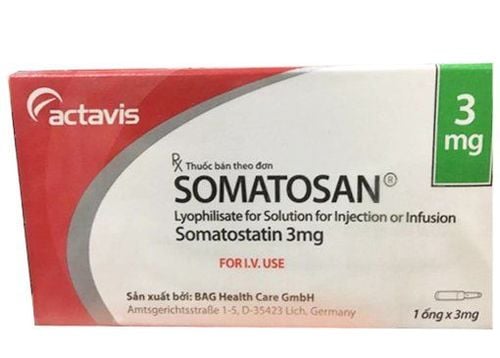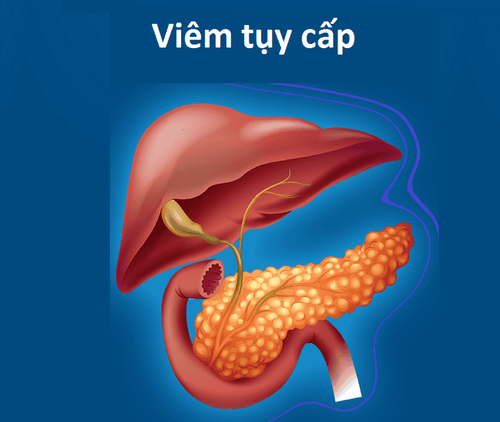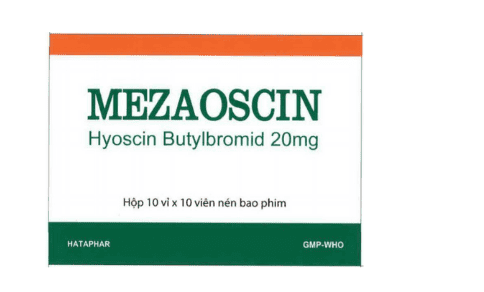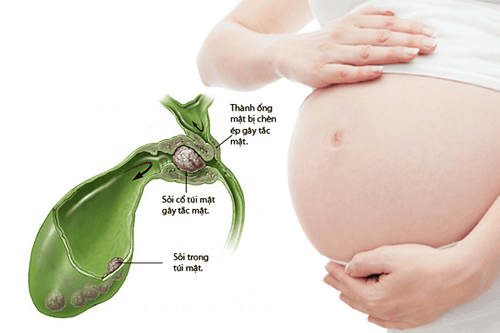This is an automatically translated article.
The article was professionally consulted with Specialist Doctor I Huynh Kim Long - Emergency Resuscitation Doctor - Emergency Resuscitation Department - Vinmec Danang International General Hospital.
Septic shock is an extremely dangerous complication for patients with biliary tract disease. If the disease is not treated in time, it can affect the patient's life.
1. What is a biliary tract infection?
In the human body, the bile duct is a system of tubes that are divided into many branches to carry bile from the liver to the small intestine, helping to digest food. When not in use, bile can be stored in the gallbladder. Biliary tract infection is an inflammatory condition of the biliary tract caused by bacteria, often occurring in people with biliary obstruction, this is one of the dangerous complications that can cause multi-organ failure, septic shock or accompanied by other complications. other serious illness in the patient's body.Causes of biliary tract infection:
Due to duodenal diverticulum Patients with biliary tract malformations Due to bacteria (mainly E. coli bacteria or parasites such as worms, flukes entering the biliary tract). The biliary tract is narrowed or blocked due to gallstones, worms in the bile duct, cholangiocarcinoma, stricture of the muscle of Oddi. Inflammation of the bile ducts Unhygienic eating habits, not being dewormed periodically lead to worms and flukes that cause biliary tract infections.

2. Symptoms of biliary tract infection
Patients with biliary tract infection will have typical symptoms of fever, pain, and jaundice, in which:Fever: Can be higher than 39 degrees Celsius Pain: Pain in the right abdomen, the pain often appears suddenly and prolonged, when the patient breathes heavily, the more painful it will be, the abdominal pain may also spread to the right shoulder or to the back. Jaundice: Due to a blockage in the bile ducts, bilirubin in the blood increases and turns the skin yellow. In addition to typical symptoms, patients with biliary tract infection may be accompanied by signs of nausea, digestive disorders, loss of appetite, indigestion, bloating, abdominal distention....
3. Treatment of biliary tract infections
Patients with biliary tract infections should be treated promptly to prevent septic shock. Treatment of biliary tract infections will include:Antiseptic treatment with antibiotics Initiating biliary drainage in case of bile stasis through endoscopic retrograde cholangiopancreatography or laparotomy to remove stones or worms biliary bypass and biliary stenting. In case of biliary tract infection due to biliary stricture, surgery is required to correct the cause.

4. Treatment of septic shock of the biliary tract
Patients with biliary tract infection, if they show signs of septic shock, must be given emergency biliary decompression within 6 hours to prevent complications from septic shock leading to death. Before the procedure, the patient needs to perform the necessary tests. The doctor will decide on the treatment plan depending on the specific situation of the patient. The patient will be assigned:Oxygen breathing Fluids and electrolytes according to central venous pressure Coordination of antibiotics Solve the cause, resuscitation and surgery Use vasopressors such as: dopamine, noradrenalin, adrenalin, dobutamin Septic shock is a serious condition that can be life-threatening if not diagnosed and treated early. Patients must immediately go to medical facilities for diagnosis and emergency treatment.
Please dial HOTLINE for more information or register for an appointment HERE. Download MyVinmec app to make appointments faster and to manage your bookings easily.














